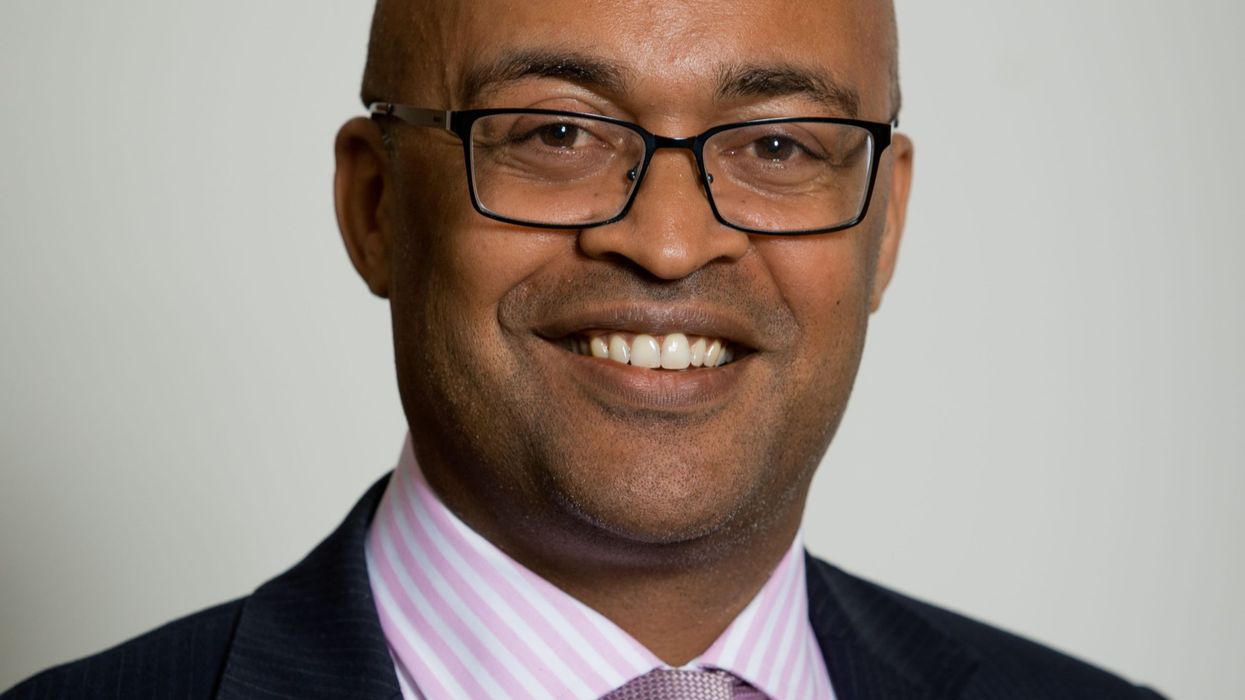Mark will remain at the NPA for some weeks in order to ensure a smooth handover
Paul Rees MBE has joined the National Pharmacy Association (NPA) today (27 November) as its new Chief Executive.
Current NPA Chief Executive Mark Lyonette, who is retiring, will remain at the NPA for some weeks in order to ensure a smooth handover.
Previously, Paul has worked as the Chief Executive of the Royal College of Psychiatrists for the seven years.
On joining NPA, Paul said: “It is a great privilege and honour to take up the position of NPA Chief Executive. The association is the voice of independent community pharmacy and is core to the sector’s future success in England, Scotland, Wales and Northern Ireland.
“I am delighted that the NPA has placed its trust in me and I intend to deliver for NPA members, for the sector and for society at large, which relies on there being a vibrant community pharmacy network in villages, towns and cities across the four nations of the UK.”
When Paul’s appointment was first announced in September, NPA Chair Nick Kaye said that they identified him as an “excellent fit for our organisation” after a rigorous recruitment process, and also thanked Mark for his “great work as chief exec since 2018.”
Commenting on the announcement, Paul then said: “I am absolutely delighted to be joining the brilliant team at the NPA – who play such a critical role in supporting our independent community pharmacies, and in providing services to the entire pharmacy sector.
“I look forward to working with Mark during the handover period, and with the NPA Board and staff team over the coming years – and relish the opportunity to serve our hard-working members, who deliver vital patient care and other important services in communities right across the UK.”
During his time at the RCPsych, Paul said he played a key role in “pushing mental health to the top of the political agenda, promoted the benefits of psychiatry and helped increase the number of foundation doctors choosing psychiatry.”
His professional journey
Paul began his career as a journalist working at the Times, Sunday Telegraph and BBC Radio 4 and Radio 5 Live, before moving into communications.
He co-lead the successful Right to Roam campaign at the Ramblers Association, which led to the Countryside and Rights of Way Act 2000 – giving people the right to walk on mountain, moor, heath, down and common land.
Later, at the National Housing Federation, Paul led the campaign which, at the time, brought about an end to the pre-payment meter tariff charged by the 'Big Six' energy companies to low-income households for gas and electricity – saving £100m a year for less affluent families.
As Director of Communications at the Charities Aid Foundation, he ran an award-winning campaign in 2012 that successfully persuaded the Chancellor to drop his proposed 'charity tax' on large donations, a proposal which would have cost the charity sector £500m a year.
In other roles, Paul worked on the Victoria Climbié and Zahid Mubarek public inquiries, with the Climbié inquiry leading to the Children Act 2004 and Every Child Matters agenda.
He was also Head of Communications at the Home Office, working directly with ministers. As Director of Communications at the Association of University Teachers, he co-led a successful, national campaign to protect the pay and conditions of university lecturers.
Meanwhile, as Director of Policy and Engagement at the Royal College of General Practitioners, he helped lead the Put Patients First: Back General Practice campaign – which saw the Government and NHS England publish the General Practice Forward View – which committed them to ring-fencing 11 per cent of the NHS budget in England for general practice. That campaign also led to increased funding for general practice in Scotland, Wales and Northern Ireland.
Later, he became the Chief Executive of the Royal College of Psychiatrists, where he worked with members and staff to transform the culture and performance of the organisation through the roll out of a values-based approach.
During this seven-year period, the organisation went on to be seen as a model voluntary sector organisation, winning numerous national charity sector and membership sector awards for its excellent work on a range of topics – such as equality, diversity and inclusion – and for its impressive membership support.













